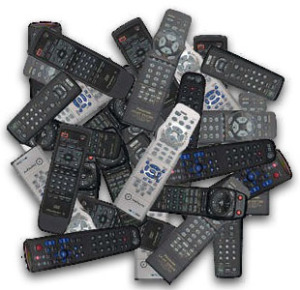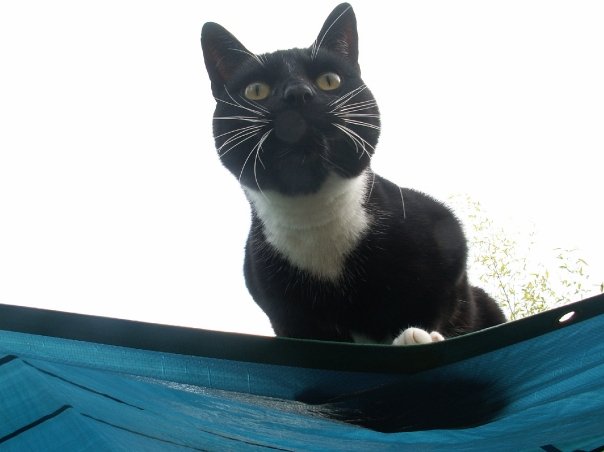by Steph McIntosh – Guest writer
Family words
A survey by TV Licensing in 2016 found that British households use over 100 different words to refer to the thing you use to change channel on your TV – you know, the doofer, the zapper, the whatcha-ma-call-it. In my house, it’s known as the blip, and ever more shall be so. The remote control is apparently the single most likely item to receive a special name in your household’s family slang, or ‘familect’ (family dialect).

Some families have just a few words that are unique to them, while others have an extensive lexicon. My in-laws had so many that they compiled their own family dictionary, only for some entries to be immediately the subject of passionate argument concerning their origin and meaning. As for who gets to use these words, that can be a whole different kind of contested issue. Does joining a family confer the right to use their vocabulary that predates your relationship, or do you have to share the history to share a word? Are you in or out of the tribe?
What, how and why?
Many family words come from small children mispronouncing words as they learn them or giving things nicknames. So toddler me rechristened ginger biscuits as ‘din-dans’, which my family chose to commemorate ever after. My niece at a similar age coined the word ‘bunkies’ because she was told “Let’s put your hair into bunches”, and she quite reasonably interpreted ‘bunkies’ as being the name of the hair elastic rather than the hairstyle. The word spread to the wider family due to its obvious usefulness and convenience (2 whole syllables saved!) and is still in use a decade later.
Euphemisms for bodily functions can be another rich source of family vocabulary. A friend of mine supplied the disgustingly apt phrase ‘chocolate kisses’ for cat poo (thanks, Ruth), while other families have come up with unique words for vomit (‘phroak’) and fart (‘phonk’).
Then there are the words that just come from shared experience and family culture, sometimes describing a thing that doesn’t otherwise have a name. ‘Do-stuffs’ is one of these, and it all starts with Hannah’s cat, a young bouncy thing who would sometimes patrol purposefully around the house with bright eyes and whiskers at attention, which would be described as ‘having his do-stuff-whiskers on’. This was shortened to ‘having do-stuffs’, a state which can also be applied to people in possession of unusual amounts of energy and motivation to get things done. For example, I had do-stuffs one lockdown morning the other week, resulting in an unusually tidy kitchen, clean laundry and fresh-baked bread, all before lunchtime.

as shown here, in full do-stuffs mode!
Another friend of mine supplied the lovely and very necessary ‘wuffly’, meaning soft and fluffy like fleecy bedsocks, and the somewhat more opaque ‘crunchlion’. The latter originated as a nonsense suggestion to fit the letters of a tricky crossword clue, then evolved into the answer you propose to any question that cannot be solved or that you cannot be bothered to solve.
Lockdown life
You can never predict which joke, observation, malapropism or mispronunciation will spawn a family word that stands the test of time. Right now, as many families have been spending unexpected amounts of extra time together in lockdown, it’s likely that whole new sets of family vocabulary have been inspired. Maybe your family has started using a pet phrase to refer to home-schooling, or the dark arts of larder management and cooking with mostly tinned food. Perhaps new vocabulary has emerged from Zoom calls with friends and family, or from time spent on hobbies. When times are hard for so many, the little things we share can matter so much more.
We’d be fascinated to hear about your familect, and especially any new words that have emerged from lockdown… do let us know!

Leave a Reply